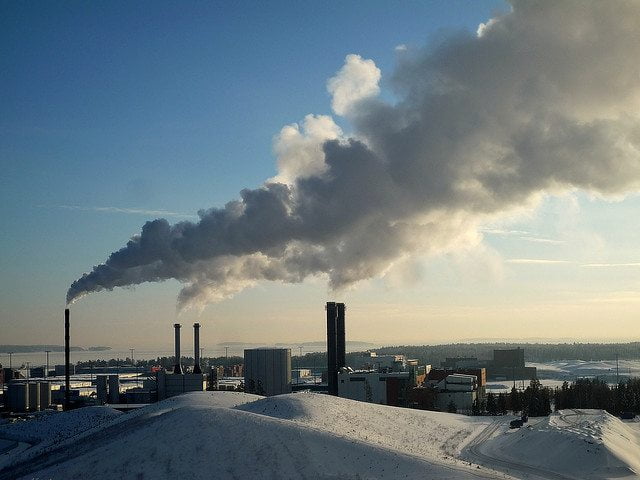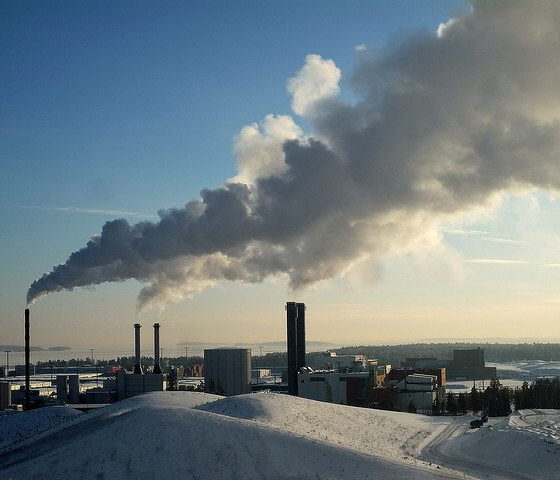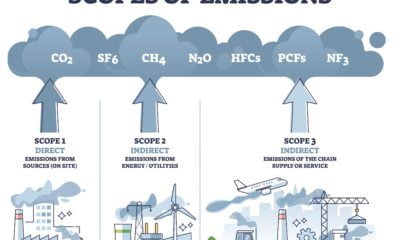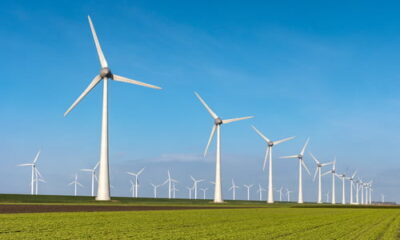

Economy
Environmental groups and countries call for more ambitious energy savings target for EU
EU Commissioners will talk today on energy savings targets for 2030 and agree on an energy efficiency framework. However, there have been calls for the targets to be ambitious and binding in order to ensure energy security.
A policy framework for climate and energy for the period up to 2030 was presented by the European Commission in January this year and EU leaders agreed to decide on the framework by October 2014 at the latest.
The aim is to ensure security in the energy market and certainty for investors, as many countries have recently raised concerns over the situation in Ukraine and reliance on fossil fuels.
Normally attention is given to renewable energy investment and cutting carbon emissions. Outline proposals published in January planned to cut carbon emissions by 40% and had a 27% renewable energy target, with energy efficiency due to be increased from the current rate of 20%.
There has been pressure from environmental groups and a number of countries to increase the energy efficiency target.
Brook Riley, climate justice and energy campaigner for Friends of the Earth Europe, said they would like the EU to be genuinely ambitious, with a binding target and said anything less than improving energy efficiency by 40% would be a “mistake”.
“Nothing is actually decided yet, right now as we speak the 28 European Commissioners are discussing what target they think we should go for. However it’s very unlikely they are going to go for more than 30% savings and in our view that is grossly inadequate,” Riley said.
“We know that the European Commission model 25% all the way up 40% energy savings. We know with higher ambition the benefits in terms of emissions cuts in terms of employment, all of that gets better as the ambition levels goes up.”
One of the ways to cut carbon emissions is through the EU Emissions Trading System (EU ETS), which aims to limit greenhouse gas emissions through tradable emissions allowances.
The UK government has recently called for reform measures aimed to improve the EU ETS, and now some groups are saying this system creates a “false competition”. This means if there was a higher level of energy efficiency, this could damage the EU ETS if there were no incentives to trade.
Riley added, “The fact of the matter is that if each of these policies were really pulling their weight then the EU could go for a much higher greenhouse gas target, but it’s being artificially limited at 40% which means there is a kind of false competition if you like between the energy savings and EU ETS.”
Photo: Timo Newton-Syms via Flickr
Further reading:
EU 2030 energy and climate targets: the reaction
Just three EU countries on track to meet energy efficiency targets
European commission sets out future energy strategy
UK calls for changes to EU emissions system to boost low carbon investment
Carbon budgets can be met but policies must be strengthened, advisers warn































